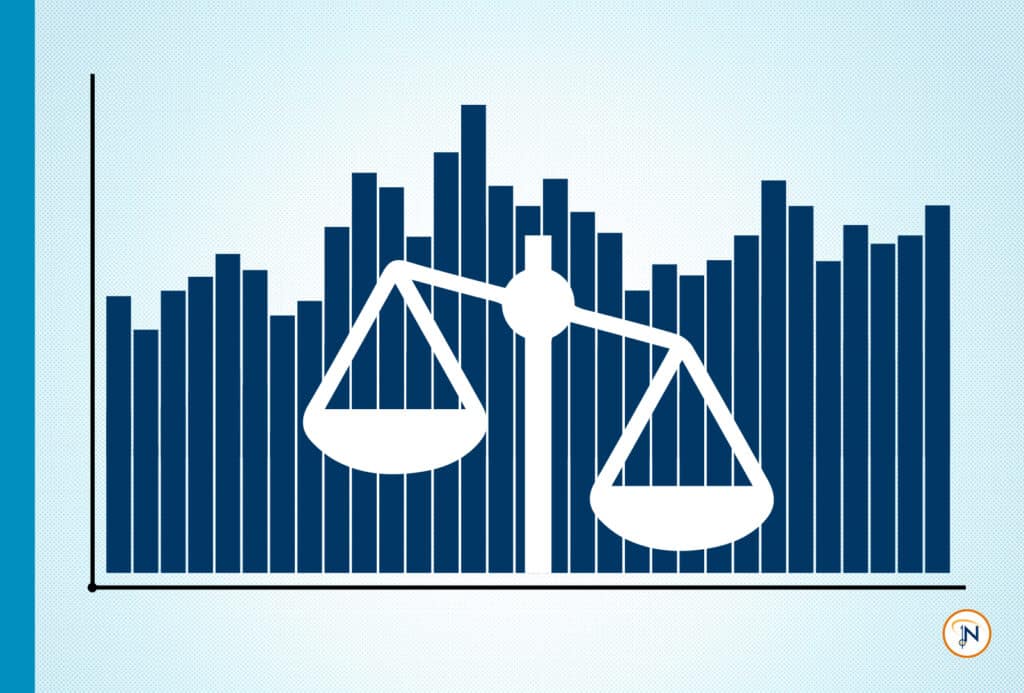Kids begin to declare what’s fair or unfair at a very young age, and as they become adults, their sense of fairness and justice continues to evolve and become more nuanced. In everyday life, fairness may or may not be achieved – life’s not fair, right? – but in the justice system, fairness is essential.
According to the Center for Court Innovation, “Research has shown that when court users perceive the justice system to be fair, they are more likely to comply with court orders and follow the law in the future—regardless of the outcome of their case.”1
What does fairness look like in the justice system? What does equity look like? Are we achieving them?
One place to look for the answers is in our data. Data helps us determine a baseline of operations, and it informs the metrics from which we can establish what processes and practices are assisting in achieving the overall agency goals.
Stakeholders and justice-involved individuals alike are calling for transparency, efficiency, and fairness in our operations. Data – and specifically data integrity – is central not only to operating fairly, but also to being able to transparently demonstrate the ways in which we’re prioritizing fairness.
Data integrity improves system trust and contributes positively to procedural fairness.
Justice, by nature, is the perception of fairness. On an individual level, people feel like the system is fair when they feel heard and treated with dignity. When they understand the process, they’re more likely to feel that justice prevailed. On a more global scale, perceptions of fairness can be subjective and often relies on anecdotal evidence. Collecting factual metrics to be analyzed is one way to quantify the issue of fairness and assist with building achievable and measurable goals for a community.
Data integrity is essential, and it’s not easily achieved. Many factors have to be working effectively for data integrity to be achieved, and a few of those include having the right technology for the job, having a well-trained team that understands the value of data, and building trust with partner agencies with whom you’re sharing data.
When it comes to the technology piece, we can help. equivant Supervision offers a great deal of flexibility so your agency can make decisions based on your local risk tolerance and your stakeholders’ interests and preferences.
Start building more trust and fairness into your operations by focusing on data quality. We can help. Contact our team of experts today, and start seeing how greater perceptions of fairness in the justice process can have a positive impact on your community.






